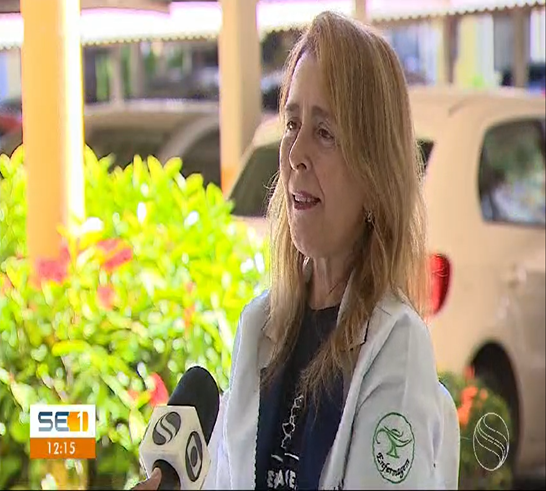A new study reveals that men are often the victims of sexual assault, and women are often the perpetrators. (Um novo estudo revela que os homens são frequentemente vítimas de agressão sexual, e as mulheres são muitas vezes as autoras)
By Hanna Rosin
Last year the National Crime Victimization Survey turned up a remarkable statistic. In asking 40,000 households about rape and sexual violence, the survey uncovered that 38 percent of incidents were against men. The number seemed so high that it prompted researcher Lara Stemple to call the Bureau of Justice Statistics to see if it maybe it had made a mistake, or changed its terminology. After all, in years past men had accounted for somewhere between 5 and 14 percent of rape and sexual violence victims. But no, it wasn’t a mistake, officials told her, although they couldn’t explain the rise beyond guessing that maybe it had something to do with the publicity surrounding former football coach Jerry Sandusky and the Penn State sex abuse scandal.
Stemple, who works with the Health and Human Rights Project at UCLA, had often wondered whether incidents of sexual violence against men were under-reported. She had once worked on prison reform and knew that jail is a place where sexual violence against men is routine but not counted in the general national statistics. Stemple began digging through existing surveys and discovered that her hunch was correct. The experience of men and women is “a lot closer than any of us would expect,” she says. For some kinds of victimization, men and women have roughly equal experiences. Stemple concluded that we need to “completely rethink our assumptions about sexual victimization,” and especially our fallback model that men are always the perpetrators and women the victims.
Sexual assault is a term that gets refracted through the culture wars, as Slate’s own Emily Bazelon explained in a story about the terminology of rape. Feminists claimed the more legalistic term of sexual assault to put it squarely in the camp of violent crime. Bazelon argues in her story for reclaiming the term rape because of its harsh unflinching sound and its nonlegalistic shock value. But she also allows that rape does not help us grasp crimes outside our limited imagination, particularly crimes against men. She quotes a painful passage from screenwriter and novelist Rafael Yglesias, which is precisely the kind of crime Stemple worries is too foreign and uncomfortable to contemplate.
I used to say, when some part of me was still ashamed of what had been done to me, that I was “molested” because the man who played skillfully with my 8-year-old penis, who put it in his mouth, who put his lips on mine and tried to push his tongue in as deep as it would go, did not anally rape me. … Instead of delineating what he had done, I chose “molestation” hoping that would convey what had happened to me. Of course it doesn’t. For listeners to appreciate and understand what I had endured, I needed to risk that they will gag or rush out of the room. I needed to be particular and clear as to the details so that when I say I was raped people will understand what I truly mean.





